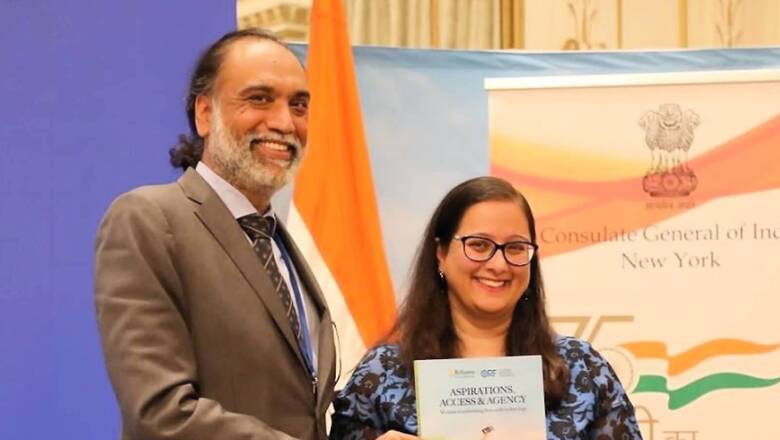
views
Women in India transforming communities with digital technologies could show ways to accelerate progress towards the SDGs, said thought leaders in New York on Friday, at high-level discussions organised by Reliance Foundation, Observer Research Foundation and United Nations in India to complement the 77th UNGA discussions.
The events included launch of Aspirations, Access and Agency: Women Transforming Lives with Technology, a publication by Reliance Foundation and Observer Research Foundation that narrates inspirational stories of women using digital technologies to bring entitlements, financial services, healthcare, sanitation and more to India’s remotest corners.
Amandeep Singh Gill, Under Secretary General, Envoy on Technology, United Nations, said the publication shows that “it’s really inspiring how when you bring people, the right process and technology together, magic happens”.
During a discussion on ‘Women Technology and the SDGs’, Shombi Sharp, UN Resident Coordinator, India, said women are at the frontlines of both long-term development and short-term crisis response.
India is expected to have 1 billion smartphone users in the next four years with demand rising dramatically in rural areas. Today, 54% women in India have a mobile phone, up from 45.9% four years ago while women operating bank accounts independently increased from 53% to nearly 80% in this time, with over 22.5% of Indian women using mobile phones for financial transactions.
“Reliance’s commitment to development is rooted in our philosophy of ‘We Care’. We are focusing on enabling platforms across sectors to achieve SDGs in India; from women empowerment to green growth and equitable development of all,” said Jagannatha Kumar, CEO, Reliance Foundation.
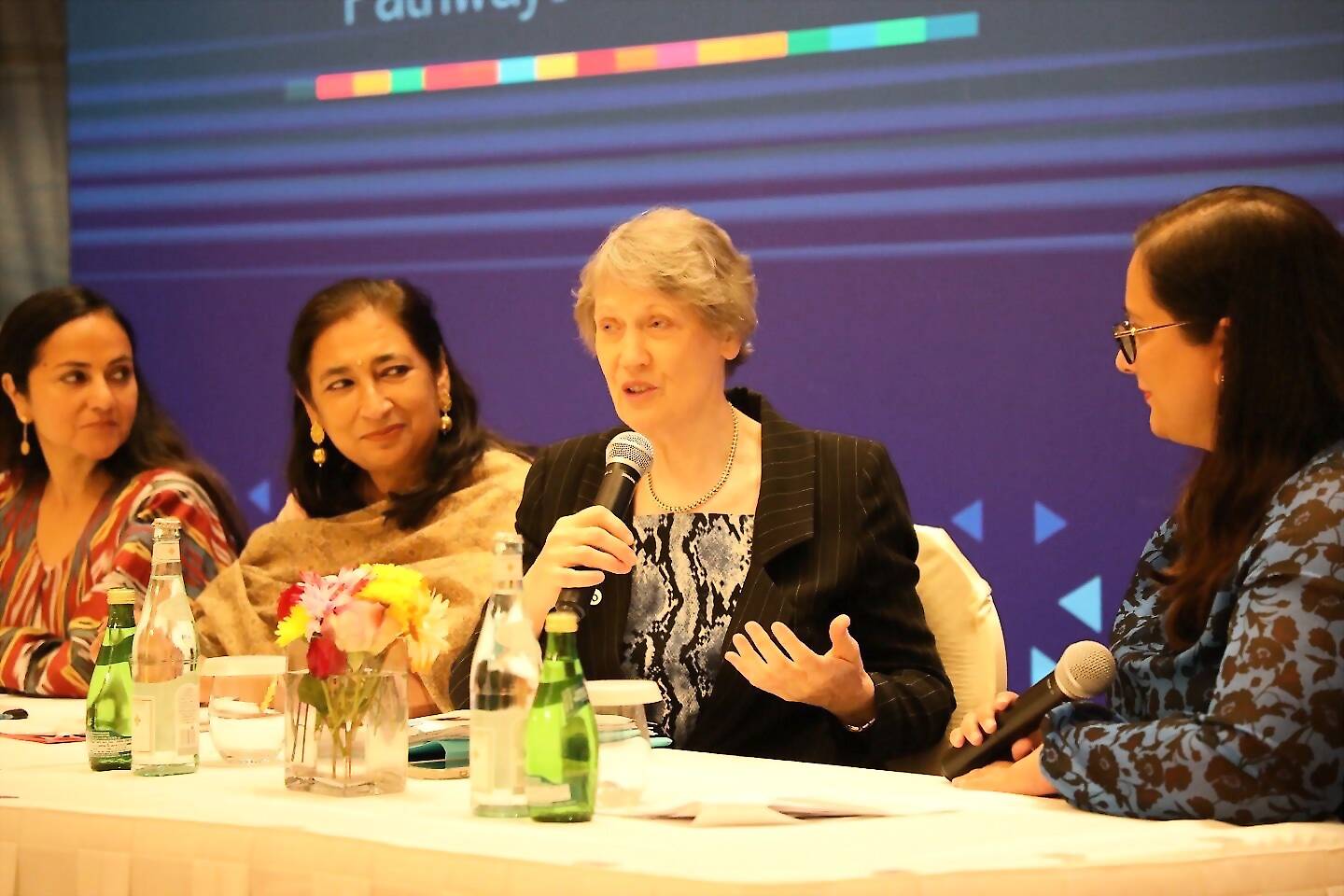
“Real progress is possible only if our efforts are inclusive, green, led by communities, and catalysed by agile policies and leadership—all attributes of the emerging yet distinct India story,” said Samir Saran, President, Observer Research Foundation.
The discussions offered lessons from international collaboration during the pandemic and led to calls for more intersectional approaches to tackle gender inequality while highlighting pathways for investment, particularly in initiatives for women. Auxillia Mngagagwa, First Lady of Zimbabwe, in her Valedictory Address emphasised that real change is a product of empowering women and girls.
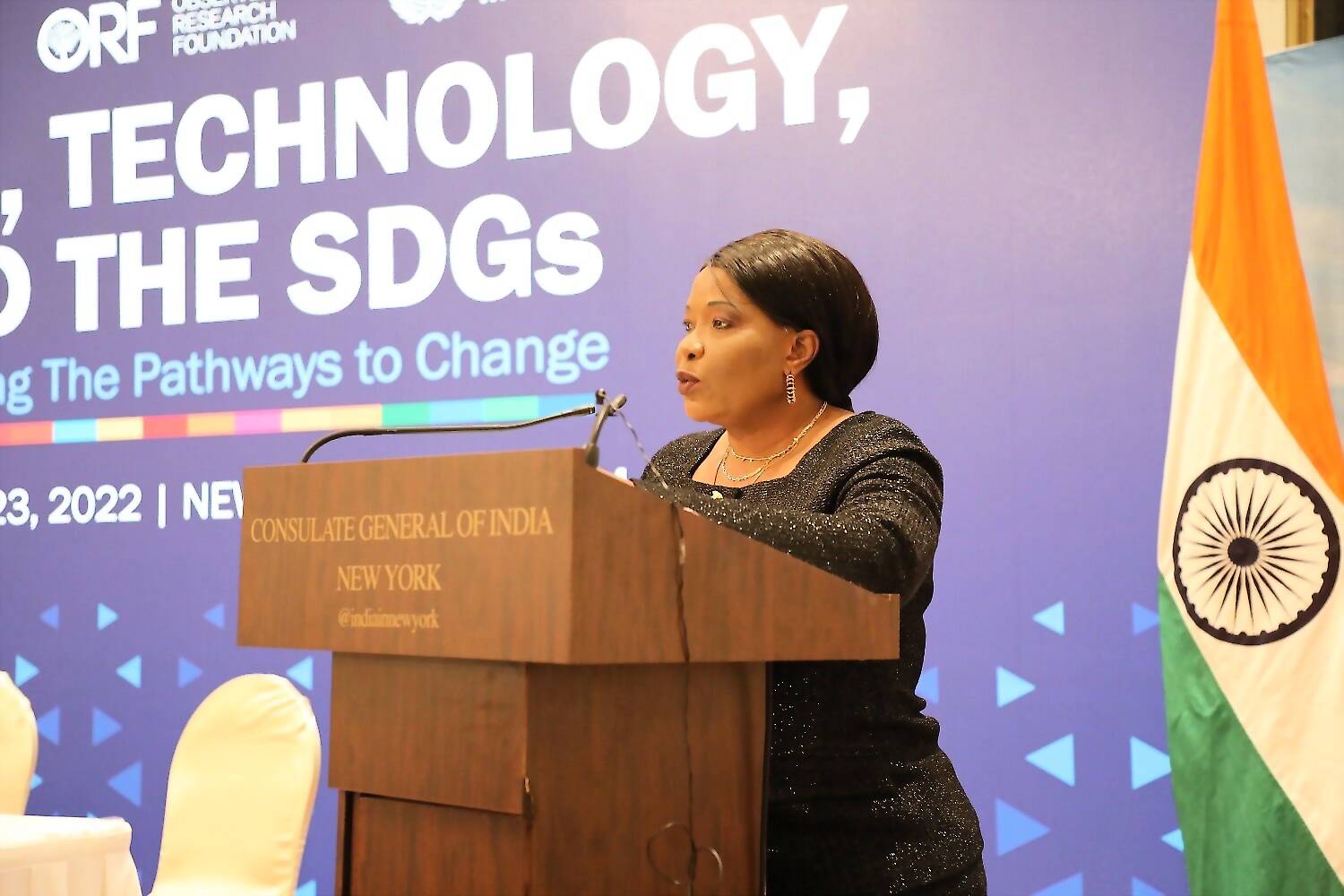
Former Prime Minister of New Zealand and former Administrator of UNDP, Helen Clark, lauded India for having embraced and championed the human development agenda. She also highlighted the importance of ensuring that women have equal access to connectivity so that they are able to fully participate in the society to access health information, use it for education, government services, financial services and more.
In the context of India’s imminent G20 presidency, S Jaishankar, External Affairs Minister, India, emphasized at ‘The G20 Imperative-Green Growth and Development for All’ that the G20 forum was an ideal body to listen to concerns of developing countries. India has invited many nations to participate during its presidency so that more voices get to talk about the real problems of the world which may not necessarily be getting the awareness or recognition that they deserve.
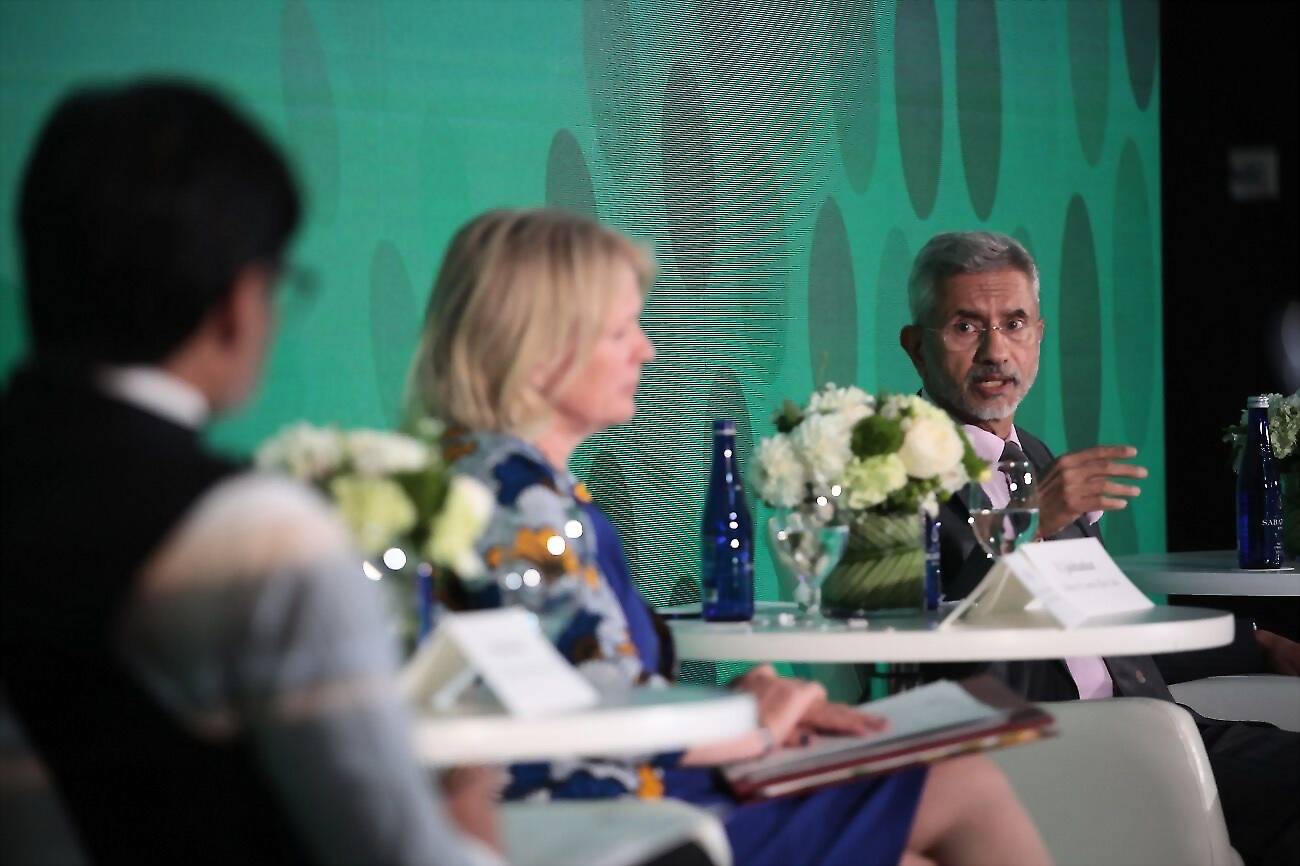
He also emphasized the need for multilateralism and the importance of its reform. Vicky Ford, Minister of State for Development, Foreign Commonwealth & Development Office (FCDO), UK, said development efforts must keep climate change in view and innovative financing mechanisms must be deployed to meet the funding needs around the world. She also emphasized the need for educating girls and empowering women.
Borge Brende, President, World Economic Forum, said the private sector should be an important part of G20 agenda and could help finance climate change adaptation, an area that needs more attention. He pointed to the important role of multilateral development banks in catalysing green transitions.
Read all the Latest News India and Breaking News here













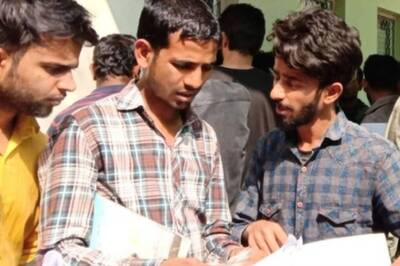

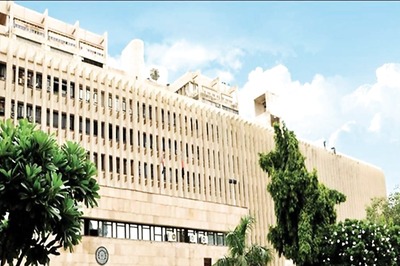
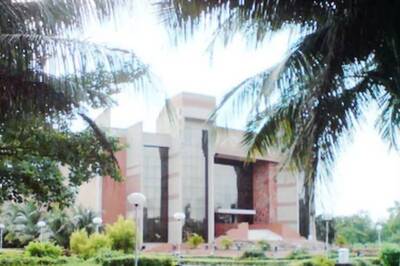
Comments
0 comment